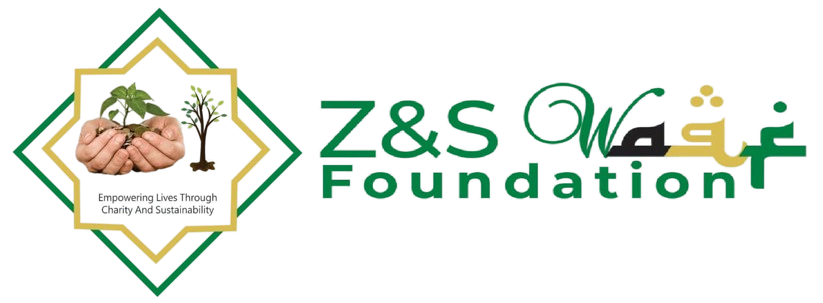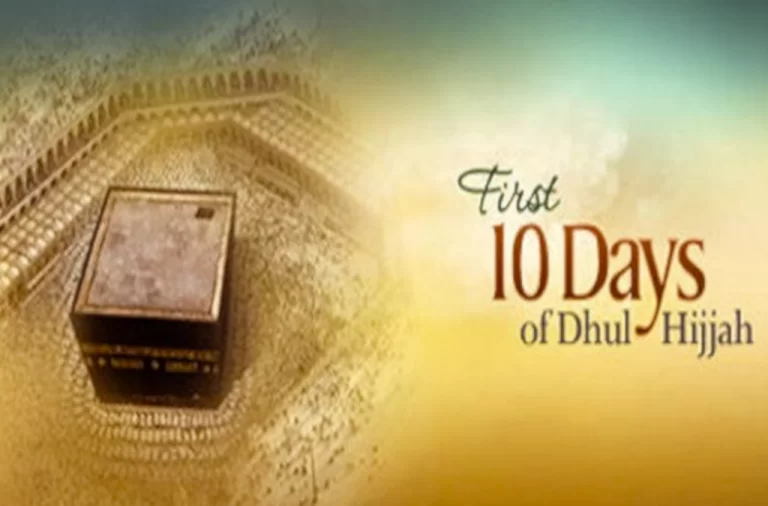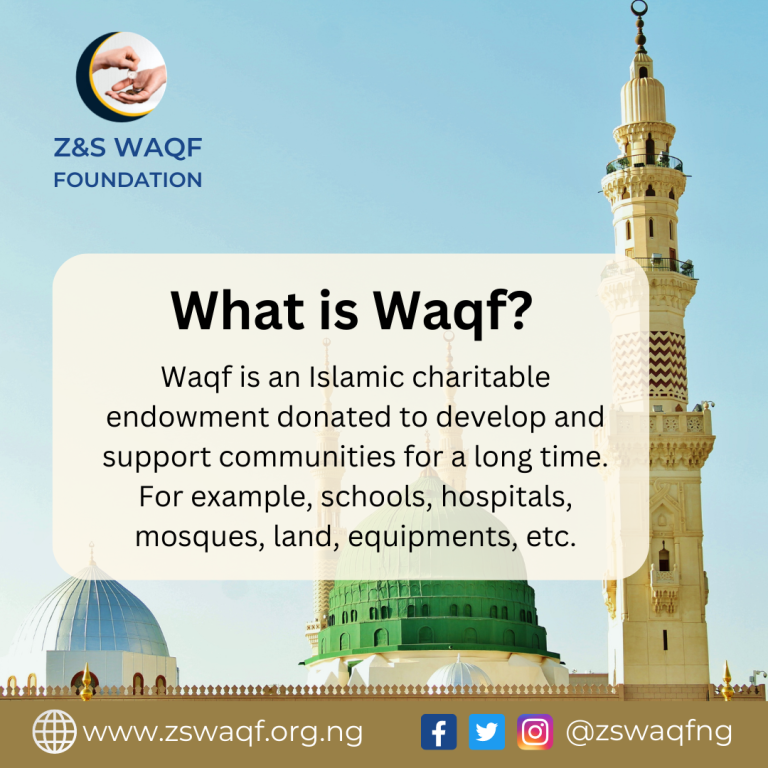WAQF: An Enduring Legacy of Philanthropy and Social Impact
Waqf, an integral part of Islamic tradition, is a timeless concept that exemplifies the values of philanthropy, community development, and social welfare. Stemming from the Arabic word “waqafa,” meaning “to hold” or “to stop,” Waqf refers to the act of dedicating property, assets, or funds for the betterment of society. In this blog post, we will explore the essence and significance of Waqf, shedding light on its historical roots, purpose, and enduring impact on communities.
- Historical Roots and Islamic Perspective:
Waqf has a rich historical legacy, originating during the time of the Prophet Muhammad (peace be upon him) and evolving throughout centuries of Islamic civilization. Inspired by the teachings of Islam, Waqf embodies the principles of compassion, charity, and communal solidarity. It finds its basis in the belief that dedicating resources for the well-being of others is a virtuous act, earning the pleasure of Allah (SWT).
- The Purpose of Waqf: Perpetual Charity and Social Development:
At its core, Waqf serves as a means to achieve perpetual charity and sustainable social development. When an individual or a group establishes a Waqf, they set aside a specific asset, such as property, land, or funds, for a designated purpose that benefits the community. These purposes can include the construction and maintenance of mosques, schools, hospitals, orphanages, libraries, and public amenities.
- The Unique Characteristics of Waqf:
Waqf possesses distinctive characteristics that set it apart from other forms of charitable giving. One notable feature is its perpetuity. Once a Waqf is established, it becomes a perpetual endowment, generating ongoing benefits for generations to come. The assets dedicated to Waqf are carefully managed and preserved, ensuring their long-term impact and sustainability. This characteristic allows Waqf to create a lasting legacy for the benefactors while supporting societal needs.
- The Diverse Forms of Waqf:
Waqf encompasses a wide range of forms, tailored to meet various community needs. Some common forms of Waqf include:
a) Cash Waqf: In this form, individuals donate money or financial assets for specific charitable purposes. The donated funds are invested, and the generated profits are utilized to support the designated cause.
b) Property Waqf: This type of Waqf involves the endowment of real estate, such as land, buildings, or residential properties, for social welfare purposes. The income generated from these properties is utilized to support the designated beneficiaries.
c) Human Capital Waqf: In this unique form of Waqf, individuals contribute their knowledge, skills, and time to benefit society. It can include mentoring, teaching, volunteering, and providing professional expertise in various fields.
- Modern Applications and Challenges:
In the contemporary world, Waqf continues to play a crucial role in addressing the evolving needs of Muslim communities. Many Waqf organizations and foundations have emerged, focusing on areas such as education, healthcare, poverty alleviation, and community development. However, there are challenges that need to be addressed, such as ensuring effective governance, transparency, and the optimal utilization of Waqf assets to maximize their impact.
Conclusion:
Waqf stands as a testament to the Islamic principles of charity, compassion, and communal well-being. By dedicating resources to the betterment of society, Waqf enables individuals and communities to leave a lasting legacy of philanthropy and social impact. Whether in the form of educational institutions, healthcare facilities, or other vital community services, Waqf embodies the spirit of giving and the vision of creating positive change for future generations.







